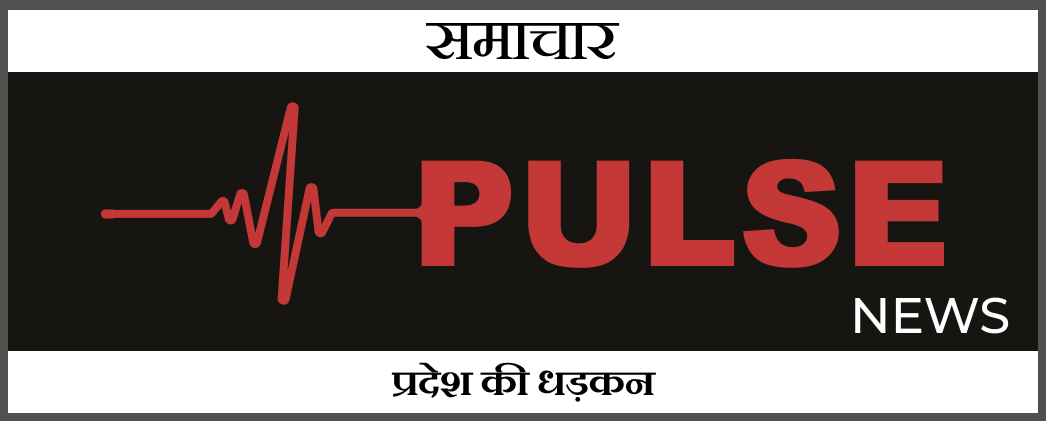
BetterHelp offers affordable mental health care via phone, video, or live-chat. Dehydration contributes to https://ecosoberhouse.com/ hangovers but is just a piece of the puzzle. Below are examples of functional changes you might notice at different levels of intoxication.
Does Alcohol Really Cause Dehydration?
However, alcohol can interfere with aldosterone production, potentially leading Sober living home to electrolyte imbalances and dehydration. To understand the effects of alcohol on dehydration, it’s essential to examine the mechanisms through which alcohol affects hydration levels and impacts various body functions. What’s more, as the liver processes and metabolises alcohol, it creates a compound called acetaldehyde, which is also known for its dehydrating effects.
- Other lifestyle factors, such as exercise, climate, and medication use, can also impact alcohol’s dehydrating effects.
- So that espresso martini or Irish coffee might end up making you need the bathroom.
- When you wake up, this can lead to some negative effects of dehydration.
- Electrolytes are minerals in the body that help regulate fluid balance.
- Without enough ADH, your kidneys produce more urine, which can lead to dehydration.
Benefits To Drinking Less Or Quitting Alcohol
- Alcohol has a dehydrating effect on the body, especially when a person consumes it in large quantities.
- You weren’t planning for a headache, nausea, and endless trips to the bathroom to interrupt this party.
- Drinking too much water too quickly can cause electrolyte imbalances, so take small sips and drink slowly.
- The Hangover IV is extra hydrating as well, as we know that many of the common symptoms of hangovers are directly due to dehydration.
- Information on this site is provided for informational purposes only.
- Salty foods, like chips and other snacks, are also risky when it comes to staying hydrated.
Remember, you shouldn’t just focus on rehydrating but instead, look for the smallest signs that your body needs more water. Finally, we know that drinking alcohol causes the body’s water distribution to be shifted. From social gatherings and personal celebrations to unwinding after a long day, alcohol plays a key role in many people’s lives.
- Alcohol has diuretic properties, meaning that it increases urine production and subsequently leads to fluid loss from the body.
- When alcohol is consumed, it inhibits the production of an antidiuretic hormone called vasopressin.
- So, if you’re looking to hydrate quickly after alcohol consumption, tap water probably isn’t the best option.
- There’s been a lot of good characterization of general bodily responses, but we have yet to truly understand the whole picture – especially as it relates to the day after drinking.
Does Alcohol Dehydrate You? Here’s What You Need to Know
Remember to listen to your body, prep with hydration minerals (aka electrolytes), and never drink on an empty stomach. We’re sure you’ve noticed that alcohol consumption makes you pee. Alcohol is a natural diuretic that draws fluid out of your body, expelling it through your kidneys and bladder more rapidly than usual. It does this by inhibiting your antidiuretic hormone — a hormone that’s used by the body to protect against dehydration.
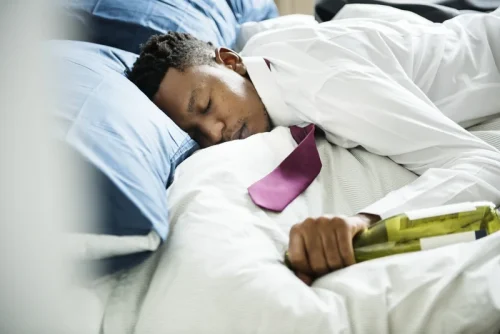
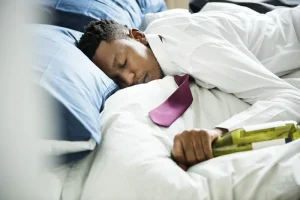
How long it takes to rehydrate after drinking depends on how much alcohol you have consumed and how much fluid volume and electrolytes your body lost. Drinks with higher alcohol content, including vodka, whiskey, and rum, can have a stronger dehydrating effect than beverages with lower does red wine dehydrate you alcohol content, such as beer or wine. While it can be tempting to consume alcohol on a hot summer day, the combination of high temperatures and alcohol can cause considerable fluid loss and dehydration. Research published in Circulation found that potassium mitigates the adverse effects of alcohol on cardiovascular function and reduces the risk of high blood pressure. A high-potassium electrolyte powder containing at least 1,000 milligrams of potassium can help counteract fluid loss caused by alcohol and reduce the risk of having a hangover.
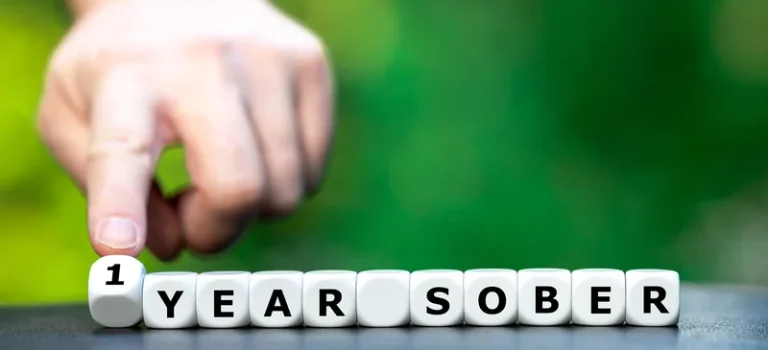
Your Hydration Game Plan (while drinking alcohol… and after)
The diuretic effects will cause your body to lose water faster due to increased urination. The best way to ensure proper hydration is to drink plenty of water. The rule of thumb is limiting consumption to one alcoholic beverage an hour, with one glass of water also consumed for every finished alcoholic drink. However, even this may not help you avoid a harsh bout of dehydration. Thanks to alcohol’s ability to trip up your pituitary gland, you could lose more water through excessive urination than you would normally.
Remember, while these strategies can help mitigate dehydration effects, it’s essential to drink alcohol responsibly and in moderation. Prioritizing hydration not only helps prevent dehydration but also supports overall well-being during social gatherings or nights out. Although beer has a high water content, it does not hydrate us.
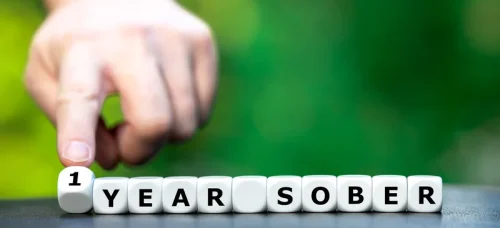
First, alcohol is a diuretic, meaning it increases urine production. This can lead to a higher frequency of urination and the loss of fluids from the body. One of the primary ways alcohol impacts the body is by stimulating increased urine production. This increased urine output can result in higher fluid loss and subsequently increase the risk of dehydration. Additionally, alcohol can impair the body’s ability to conserve water, leading to further fluid imbalance. When you drink alcohol, you are adding fluid to your body, but the chemical properties of alcoholic drinks can have unintended effects on your body.
As you can see, wine can dehydrate you if you drink it on an empty stomach or if you drink multiple glasses in a row without drinking water to accompany them. However, the specifics of wine and dehydration are very dependent on individual metabolisms, whether you are consuming your wine with a meal and other factors. It seems simple, but water truly is the best beverage when it comes to fast rehydration. It’s very easy for your body to process and for your intestines to absorb.
